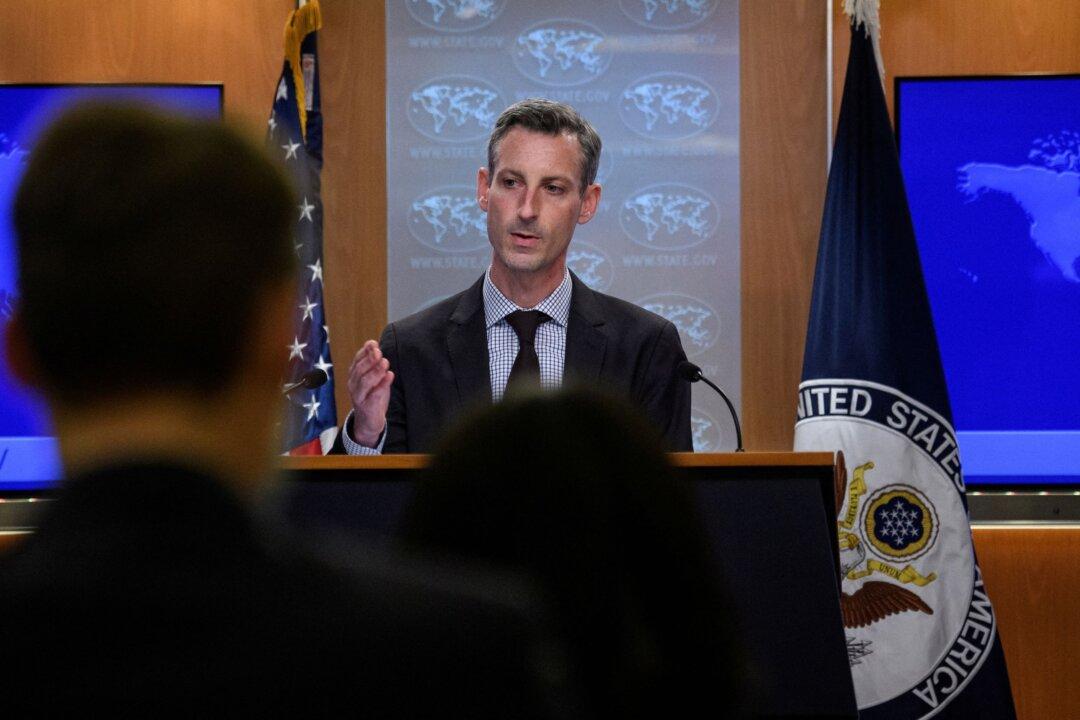The United States on Friday sanctioned two Russian banks, a North Korean trading company, and one individual for allegedly aiding North Korea’s nuclear weapons program, following Pyongyang’s 17th round of missile launches this year on May 25.
This comes after China and Russia vetoed the U.S. draft resolution on North Korea sanctions on Thursday. Russia called the resolution “a path to a dead-end,” while China said it may lead to “negative effects and escalation of confrontation.”





